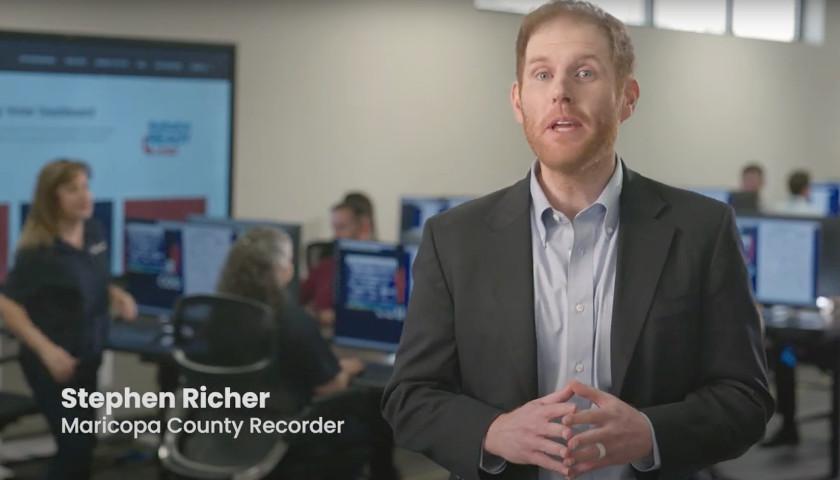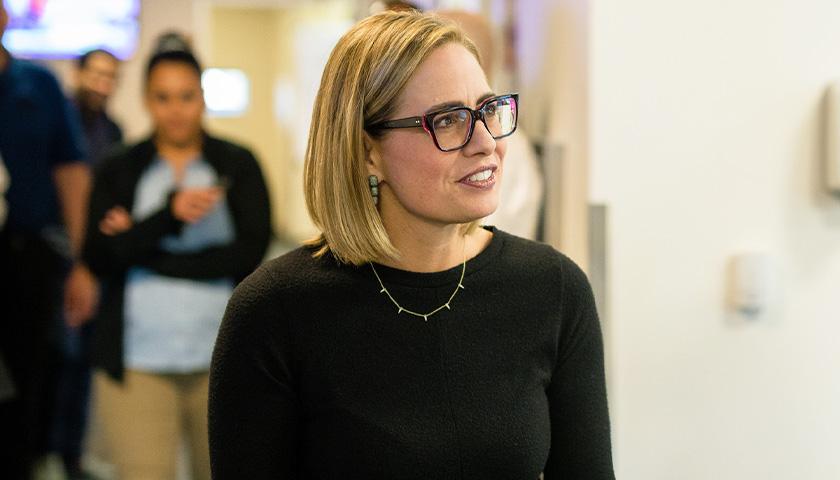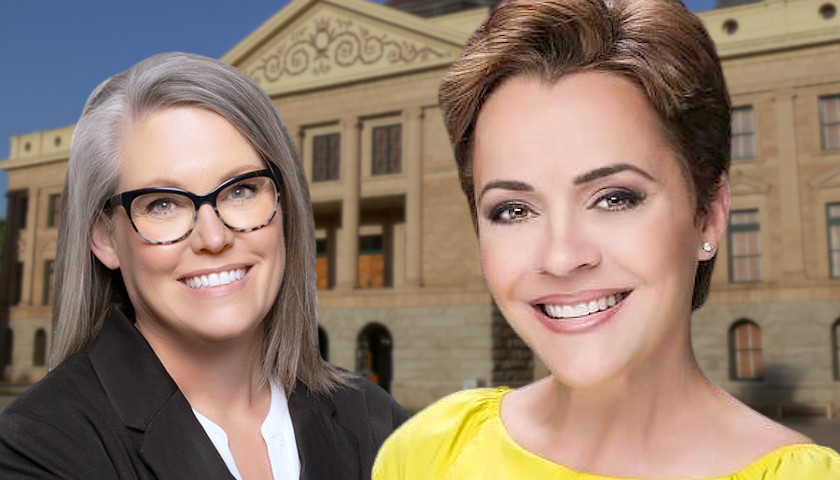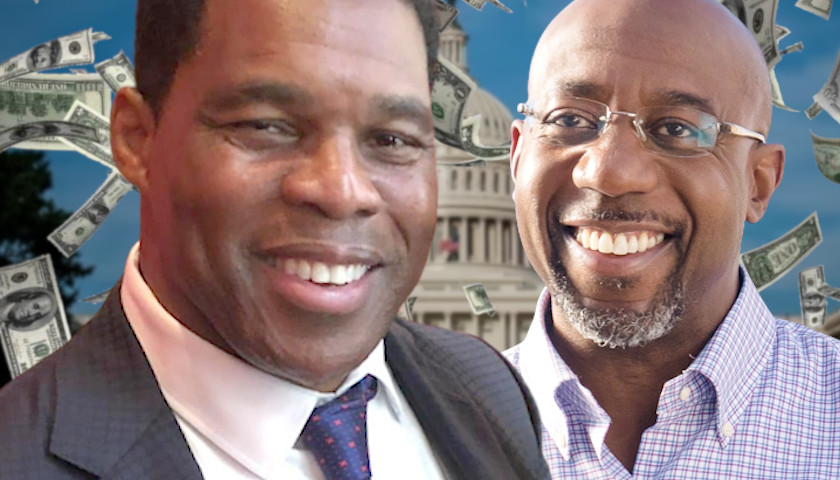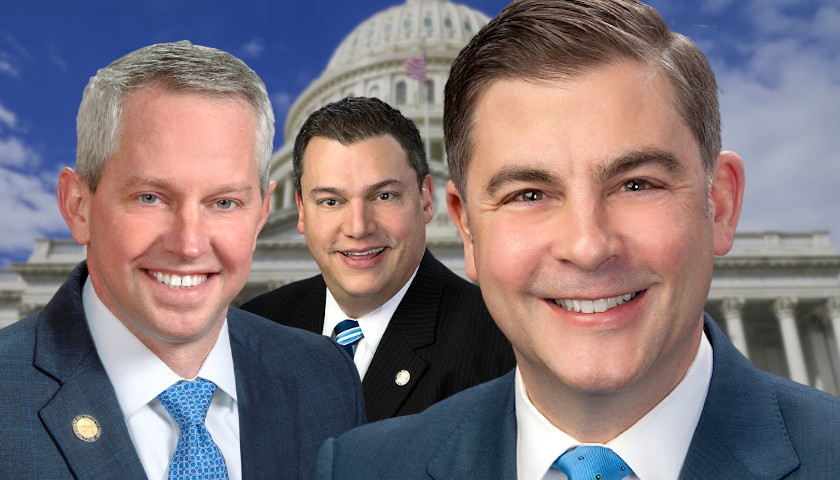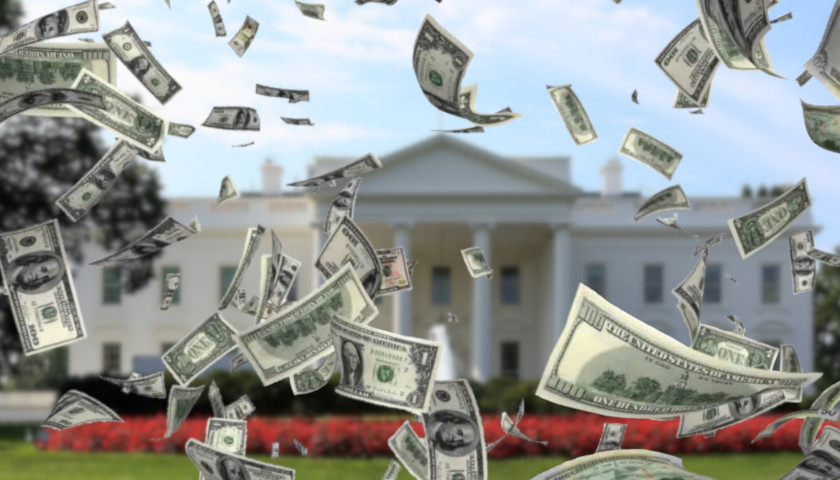by Rob Garver In 1895, Mark Hanna, a U.S. senator from Ohio, explained how politics worked in his times: “There are two things that are important in politics,” he said. “The first is money, and I can’t remember what the second one is.” Nearly 125 years later, things haven’t changed much. In every two-year federal election cycle in the U.S., candidates and their supporters spend billions of dollars to raise their public profiles, get their messages out, and discredit their opponents. By the best available estimates, the 2016 presidential elections cost $2.4 billion when spending by candidates and various interest groups are combined. And, by all accounts, it would have been much more except for Donald Trump’s unique campaign strategy, which relied in large part on “earned” (read: free) media coverage rather than paid advertisements. That’s an astounding amount of money — larger than the economies of dozens of countries around the world in that same year, including Lesotho, Bhutan and Belize. If you add in spending by candidates for other federal offices — members of the House of Representatives and the Senate — the total figure skyrockets to about $6.5 billion. Surge in campaign spending Historically, this is…
Read the full story

